This elective will draw from research and conceptual data that explore the effects of deployment and combat stressors on the physical and mental health of active duty US and Canadian service members and their families. Attention is also paid to the intergenerational transmission of trauma as well as the impact of collective violence and trauma on individuals and communities, both nationally and globally. Cultural influences are addressed that shape responses to traumatic events and engagement with healing and treatment approaches. Clinical social work interventions are grounded in a synthesis of trauma, attachment, cognitive-behavioral, object relations, and social theories that inform clinical social work practice with individuals, couples, families, groups and communities. Settings include community mental health centers, Department of Defense (DoD) and Veterans Administration Medical Centers (VAMC) as well as federal and local prisons and jails. Attention to the role of intersecting social identities and the use of professional self will be included in all class discussions. We will also focus on the effects of working with these populations on us as developing clinical social workers, with ongoing attention to secondary trauma and transference/countertransference processes. Priority is given to students who have worked with and who anticipate working with service members, veterans and their families and communities affected by armed conflict and collective trauma.
- Instructor: Camille Hall
